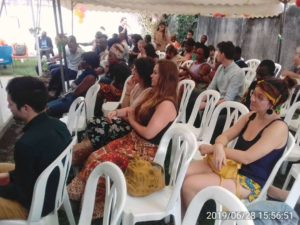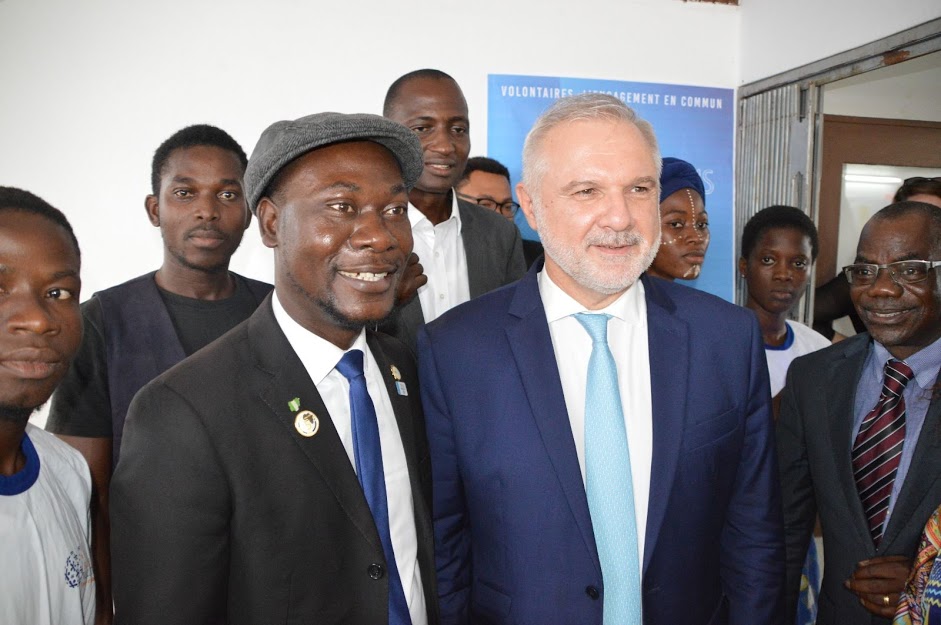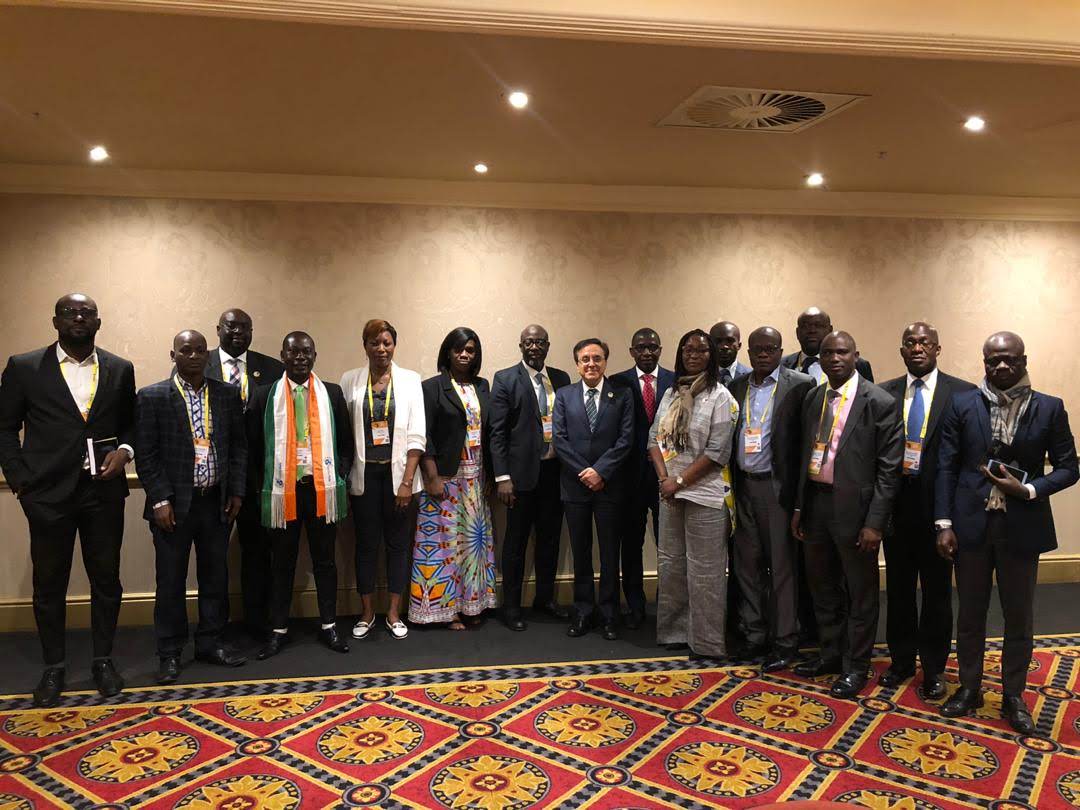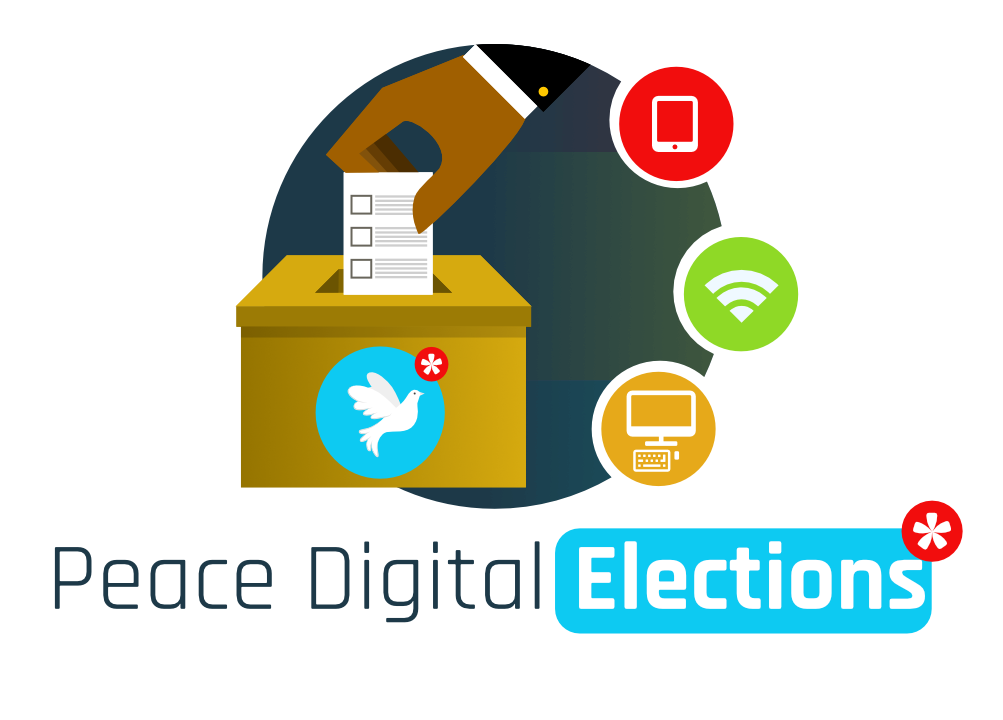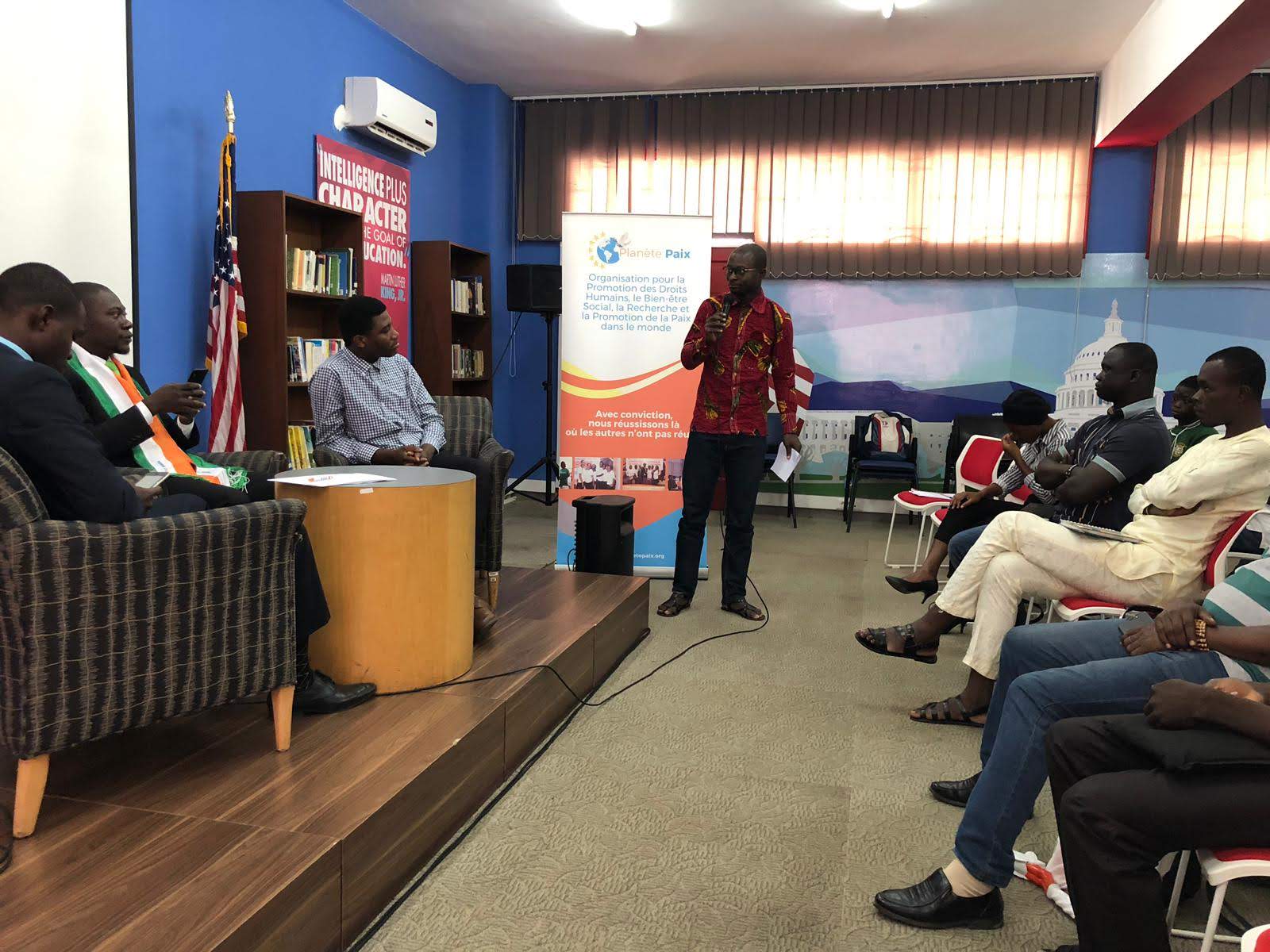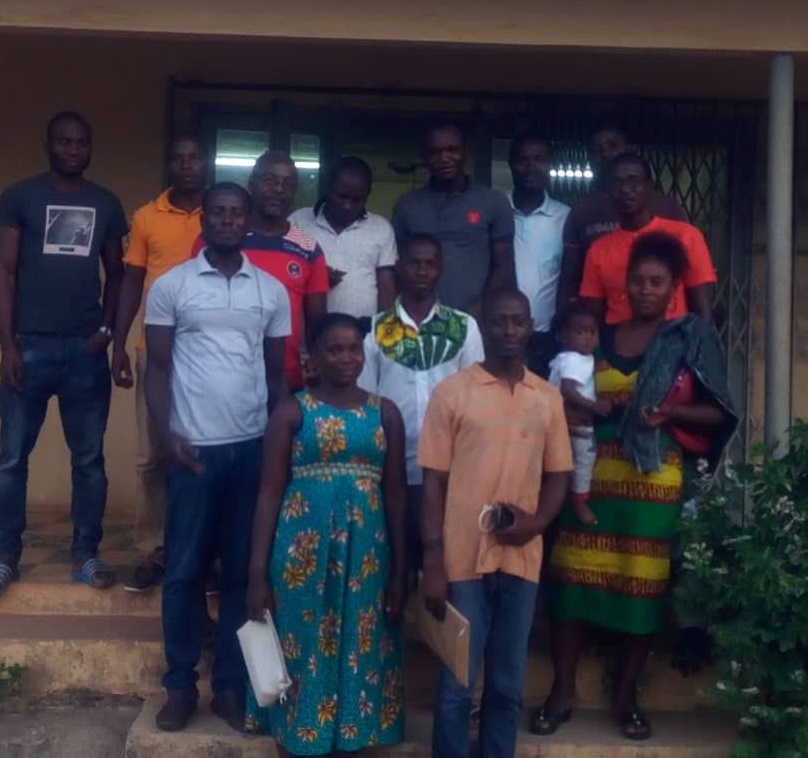President Achille COMOE, Alumnus of the American Program YALI TechCamp and Member of the YALI Network represented the NGO PLANETE PAIX at the 5th Annual Meeting of the ID4Africa Movement in South Africa from 18 to 20 June 2019 in Johannesburg. In addition to the President of the Organization, the adviser to the Président for Finance Mr. Kader Abib Daiby was part of the delegation. ID4Africa 2019 focused on “Identity Ecosystems for Service Delivery”. It should be pointed out that the ID4Africa Movement initiated by Dr. Joseph J. ATICK aims at the Legal Identity for All for a socio-economic development in Africa. Indeed, more than 1.5 billion people in developing countries do not have proof of their legal identity. This “identification divide” is a serious obstacle to the participation of all in political, economic and social life. Without a secure and reliable means of proving one’s identity, a person is not able to exercise all of his or her fundamental rights set out in international laws and conventions. For example, the lack of identification, may be an insurmontable handicap to open a bank account, vote, get a formal job, access education or health, receive social assistance, buy a smart card , or access legal aid. In addition, states with weak identification systems encounter difficulties in managing public administration, planning and implementing effective public services, such as tax collection, targeting of persons can benefit from social programs, emergency response, disaster and epidemic response, border control and national security. Therefore, achieving inclusive development requires a sustained effort to reduce the fracture at the level of identification. Objective 16.9 among the 17 UN Sustainable Development Goals (SDGs) aims “by 2030 to ensure legal certainty for all, including through birth registration. ” To this end, the governments of many countries – as well as international organizations, donors and private sector partners – have begun to make significant efforts to strengthen identification systems, including civil registration systems among others, national identity cards, population registers, lists of electors, beneficiaries of social programs, and databases of travel documents. In many cases, these reforms include the digitization of identification systems based on paper documents; this change opens up new possibilities, but also poses many challenges. Digital technologies, such as cloud computing, biometrics, networks, mobile devices and SIM cards, can increase the security, accuracy, ease of identification and authentication of individuals. As public and private service providers become increasingly engaged in digital, the ability to prove one’s identity will be critical to accessing digital services. The objective of ID4AFRICA and its Executive Chairman Dr. Joseph J. ATICK who wants every person to have the right to participate fully in society and its economy fits with that of PLANETE PAIX, partner of the movement. PLANETE PAIX has already begun to raise awareness on the need for legal identity for all in Côte d’Ivoire since September 28, 2018 as part of its Peace Digital Elections Program. Soon the Ivorian delegation of ID4AFRICA 2019 composed of representatives of the Ivorian government, state Institutions and Civil Society Organization will work in an inclusive way for the legal identity for all in Cote d’Ivoire.





















04a_Technical_Standards_for_Digital_Identity_Systems_English

